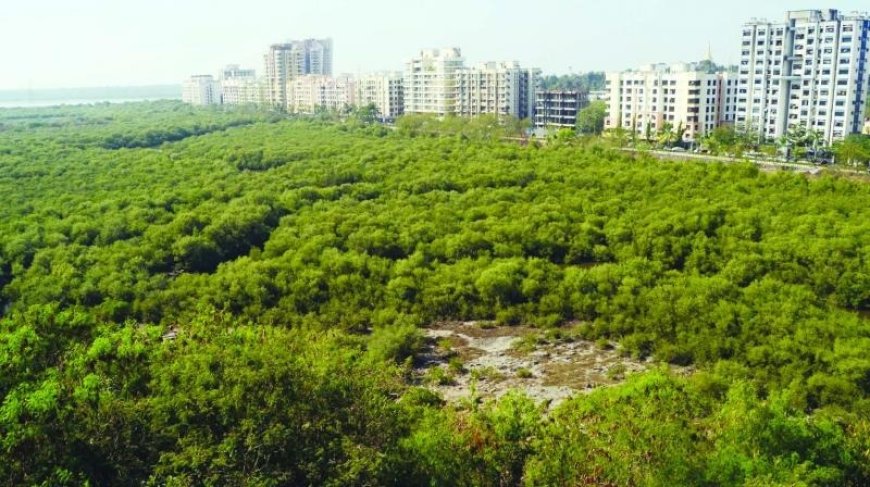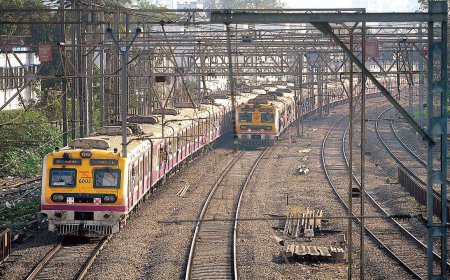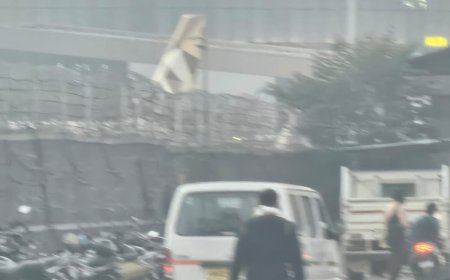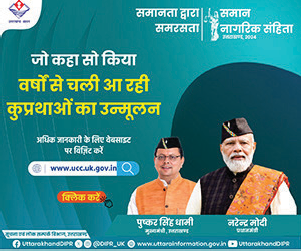Mumbai : Environmentalists have raised alarms over the encroachment of over 4,000 acres of mangrove land across Maharashtra, which they claim is disrupting the region’s ecological balance. However, determining the exact extent of this land loss is challenging, as mangroves naturally regenerate along coastlines.
BN Kumar, an environmental activist, has linked the surge in infrastructure projects in coastal areas to the state’s failure to properly implement the Coastal Zone Management Plan (CZMP). The CZMP, a critical measure introduced under the Coastal Regulation Zone (CRZ) notification of February 19, 1991, mandates the preparation of plans to protect the ecology and geomorphology of coastal regions.
Despite 33 years since the notification, the government has released three versions of the CZMP, but none have been deemed accurate or effective by the Conservation Action Trust (CAT), an NGO focused on environmental conservation. CAT’s latest report, Coastal Zone Management Plans: A Tool for the Protection of Coastal Habitats, reveals significant shortcomings in the preparation and implementation of these plans in Maharashtra.
The report criticizes the state’s municipalities, bureaucracies, and planning agencies for ignoring the provisions of the 1991, 2011, and 2019 CZMPs. It claims that these bodies have taken advantage of incorrect maps, public ignorance, and a sluggish judicial process. The report was presented in Mumbai by retired Bombay High Court judge Gautam Patel, along with CAT trustee Debi Goenka and other experts.
One major finding of the report is the lack of consultation with local Koli fishermen, who were not adequately informed or involved in the CZMP process by the State Coastal Zone Management Authority.
Key points in the report focusing on Mumbai and the surrounding metropolitan region highlight the absence of explanations on how the hazard line was defined, the mapping for the 2011 CZMP conducted between December 2012 and June 2013, and the unexplained delay in releasing draft maps in November 2017. Debi Goenka emphasized, “While these may seem like mapping errors, such mistakes can have serious consequences, especially in a coastal city like Mumbai.”




 Previous
Article
Previous
Article











